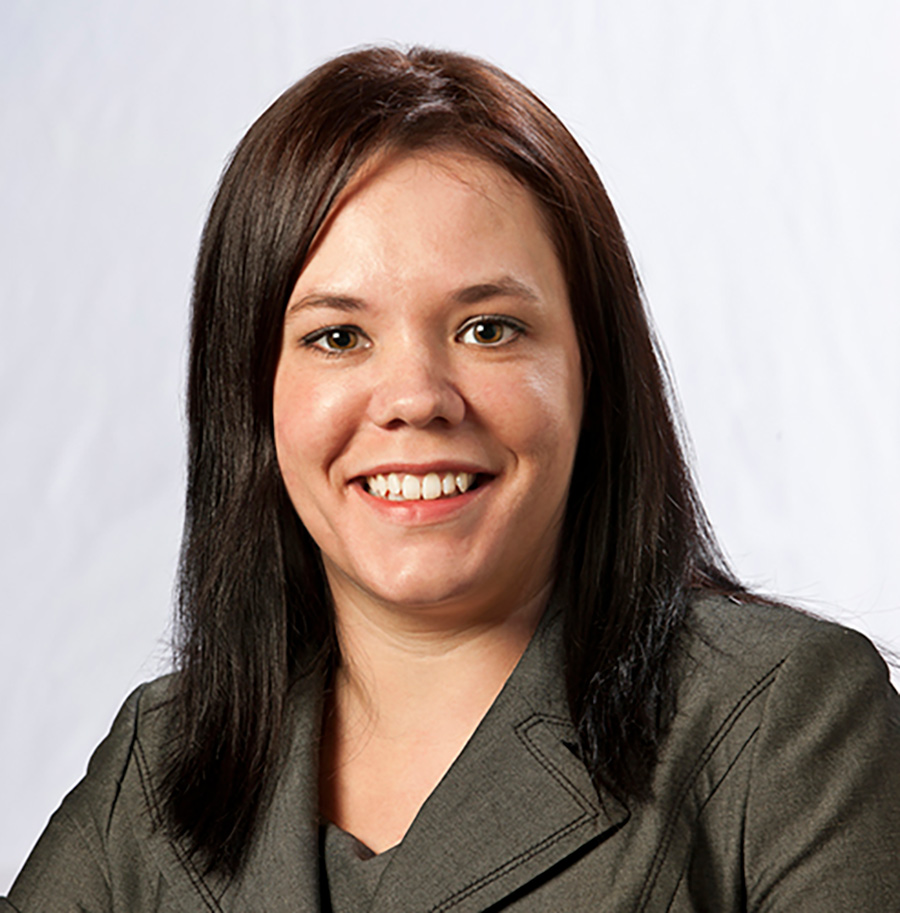An Act of Descent
ike many original-enrollee descendants of Alaska Native corporations, Hallie Bissett (Dena’ina) grew up around her family’s regional corporation, CIRI. But it wasn’t always clear to her what the corporation meant to her, even as a young adult.
“I was 15 years old, and as part of an internship, I worked as a grounds keeper with CIRI,” said Hallie. “I didn’t think much about CIRI or being a descendant until I worked there… [But] it wasn’t until I wanted to go to Fort Lewis College that being a shareholder became relevant.”
At Fort Lewis College Native students may attend for free. But despite Hallie being Dena’ina, a problem quickly arose regarding her identity.
With Alaska Native Corporations, formed under the Alaska Native Claims Settlement Act (ANCSA,) some “members” are at-large shareholders and descendants – meaning they are not connected to a village as a federally-recognized tribe. Hallie was an at-large descendant, and was not registered or recognized as a tribal member of an Alaska village or Tribe, which was required to attend Fort Lewis College.
“I spoke to the college, and they said I was not eligible,” said Hallie. “They told me you must be a member of a Tribe. I thought that meant being a shareholder. That’s what we were told.”
Hallie was eventually able to register and be recognized as a tribal member with Knik Tribe, which is just north of Anchorage. She now holds a bachelor’s degree in Global Logistics Management and an MBA from the University of Alaska. She is currently the Executive Director of the Alaska Native Village Corporation Association and has also served on the CIRI board since 2010 — the youngest to ever be elected.
“If we wonder about the motivations of ANCSA, we need only to ask those that were involved in crafting the law.”

Hallie Bissett (Dena’ina)
And yet there are still many problems to solve with ANCSA — including how the corporations engage with and include descendants. Many descendants of ANCSA corporations have few connections to the corporations, knowing little beyond their parent or grandparent is a shareholder. Some corporations have voted in descendant shareholders, making descendants who have not been gifted or inherited shares voting members.
During the early and mid-20th century, Alaska Native people contended with assimilation era policies, including boarding schools and language loss. ANCSA has been part of the process for Alaska Native people to recover from earlier policies, and from the initial start of the ANCSA corporations to now, there have been innumerable challenges. The results of earlier policies have consequences that remain today.
“I can still sit down and have lunch today with our Elders that were taken to boarding schools,” said Hallie. “If we wonder about the motivations of ANCSA, we need only to ask those that were involved in crafting the law.”
Alaska Native people are finding greater social and economic equity. And as more descendants like Hallie continue to lead the efforts to understand better what it means for them to carry forward the successes earned so far, the corporations are moved forward.